
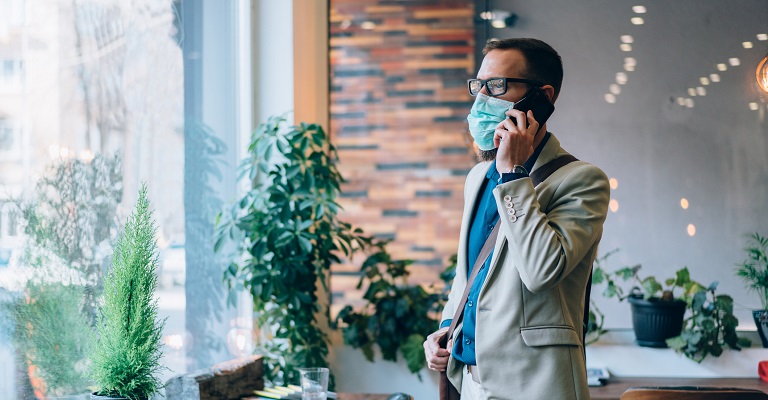
From transportation to queues in stores, the coronavirus has changed the way people move, shop, have fun, relate, and ultimately live. No one knows for how long, but the so-called new normality, once the hardest phase of confinement has been overcome, forces you to do many things differently. And the real estate market does not escape that rule. Whether you are among those whose search for a new home was interrupted by the health emergency, or who fantasized about that idea during the weeks of confinement, here is what you should know if you intend to change your home:
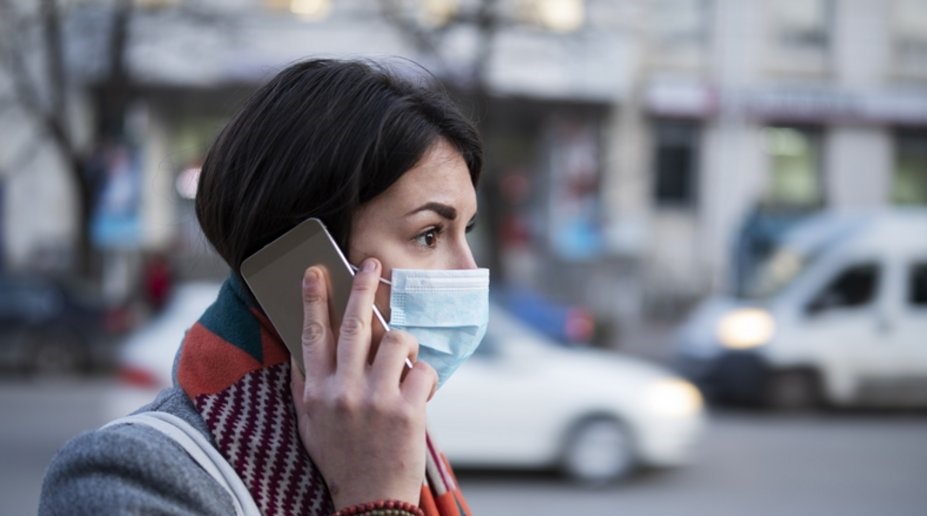
Experts believe the first question is why do we want to buy a house? “If you need it, you have to live with your family and you like it. Buy it ”as there will be a sharp drop in prices. Some forecasts point to a decline in houses this year, which is, however, very small. For example, the rating agency Standard & Poor’s expects a decline of 2.3%. However, the fact that prices generally don’t fall doesn’t mean you can’t find interesting things. “In Spain, the seller is always very discount-resistant. There is data indicating that the percentage of people who give discounts is the same, but that the person who gives discounts grants more discounts,”.
Buying a home for your own use has different conditions than that of an investor. It is one of the most important decisions in a person’s life and essentially depends on their perception of job security and the security of their savings. For those who buy as an investment, it sees “clear opportunities as prices for used houses decrease and rents remain fixed”. For all of these reasons, we as real estate advisors believe that the real estate market this year “logically will offer families and investors several interesting aspects in a context of economic difficulties”.

Real estate agents had to adapt their work processes to the new normal. “It tries to do all sorts of procedures remotely, although there is necessarily a personal part, such as visiting the customer.” The recommendation to also approach a street-level office is to make an appointment. “There are disinfection and safety protocols with which everything can be properly prepared.”
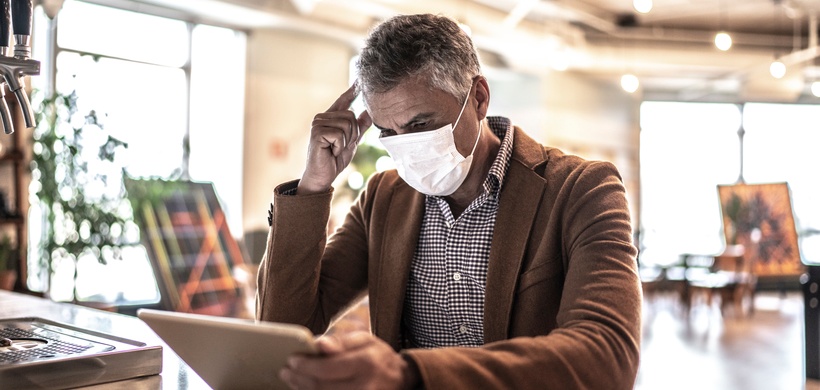 Once a house has been chosen, and the price has been agreed, a deposit agreement is usually signed. The buyer gives a signal as a reserve, waiting to get the necessary financing to close the deal. “Usually penitential earnest money contracts are given, not conditioned, and if I don’t go ahead as a buyer, I lose those earnest money”. What would happen then if it is a flare-up of the epidemic that prevents the purchase from being completed? “The recommendation would be to include a specific clause in the contract that conditions the operation so that this type of situation does not occur,” says the lawyer.
Once a house has been chosen, and the price has been agreed, a deposit agreement is usually signed. The buyer gives a signal as a reserve, waiting to get the necessary financing to close the deal. “Usually penitential earnest money contracts are given, not conditioned, and if I don’t go ahead as a buyer, I lose those earnest money”. What would happen then if it is a flare-up of the epidemic that prevents the purchase from being completed? “The recommendation would be to include a specific clause in the contract that conditions the operation so that this type of situation does not occur,” says the lawyer.
And she warns that it must be “established as a specific cause”. A generic allusion to causes of force majeure would not work because “if we do not say what it is and the parties do not reach an agreement, in the end a judge must determine it.” In addition, we must not forget another clause that conditions the contract to the entity granting the loan. It is always recommended, but right now it becomes more important: “These months we have seen a slowdown in some concessions”.

“There are aspects that have changed, but not only because of the covid, but since June of last year due to the new mortgage law.” The head of the management firm, which provides services to some of the largest banks and real estate companies, highlights that, in general terms, “the deadlines have continued to be observed.” “In the case of new requests, the customer can request information through the channel they choose: digital, telephone or in person”. The first two, they add, have been gaining more and more weight. For the third “it is essential that the influx of clients to the office is orderly and minimized as much as possible.” In other words, an appointment must be made.
A frequent question when requesting a loan is which exchange rate will be more favorable. According to the INE, last March, fixed-rate mortgages outnumbered variable-interest mortgages, something unusual when a decade ago they barely represented 3% of the total. “These days the trend depends on the offer, which is very competitive”, and also the fear of a rise in the Euribor (despite being historically close to minimums) as an engine that drives the growth of fixed rates.
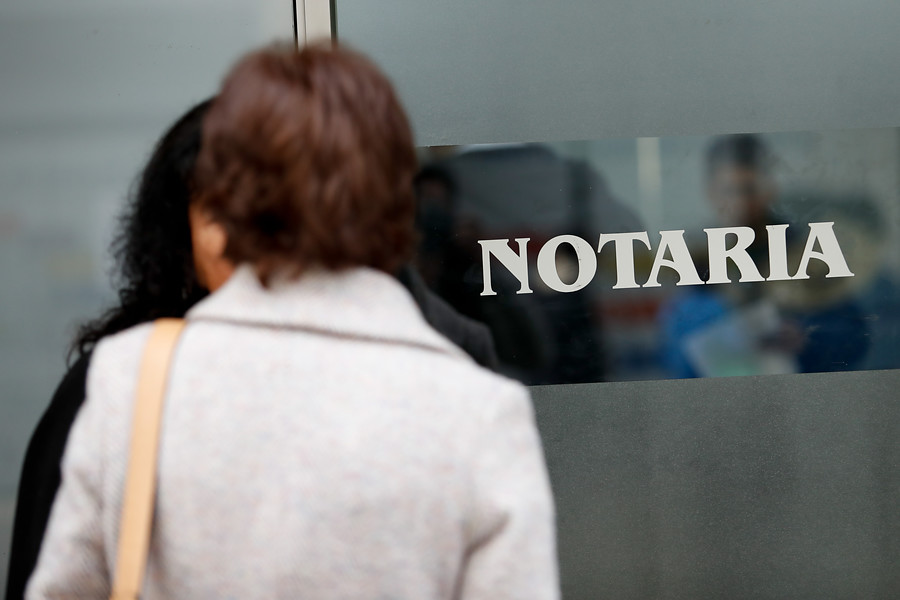
The notary intervenes at the beginning and at the end of the process, since according to the mortgage law approved a year ago, a minimum of 10 days must pass from the date the binding mortgage offer is received until the signature. During this period, he must clarify the doubts that the buyer has and make sure that he understands what he is going to sign. “That is still a face-to-face procedure”. In other words, borrowers must make a minimum of two visits to the notary. “The action protocol that we have requires self-protection measures such as masks, maintaining distance and making an appointment,” says Corral.
Also in two phases of the process the Property Registries usually intervene. At first, if you intend to buy, you need to ask for a simple note to make sure who owns that property and see if it has charges. During the alarm state, this procedure cannot be physically carried out, it can only be requested online. “On the official website it costs nine euros plus VAT and it usually takes 24 hours”. At the end, the deed is brought to the registry for registration, although that is a step that notaries usually do electronically. Before, yes, you have to pay taxes. “Not in all of Spain you can pay electronically”.
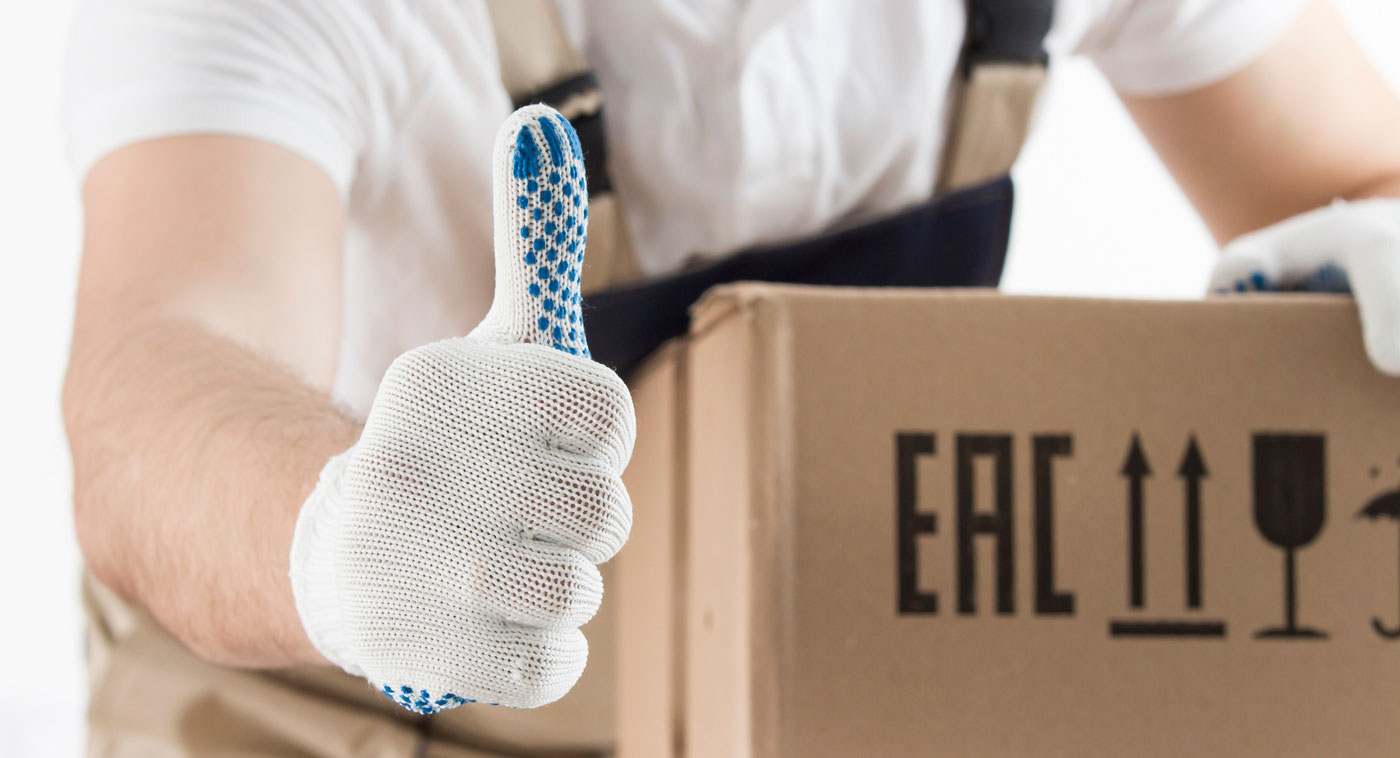
To settle in the new home it is common to use a professional removal service. These are possible, although “we have not yet found total flexibility”. Because of this they may require a somewhat longer period than usual, although in most provinces there is no problem.
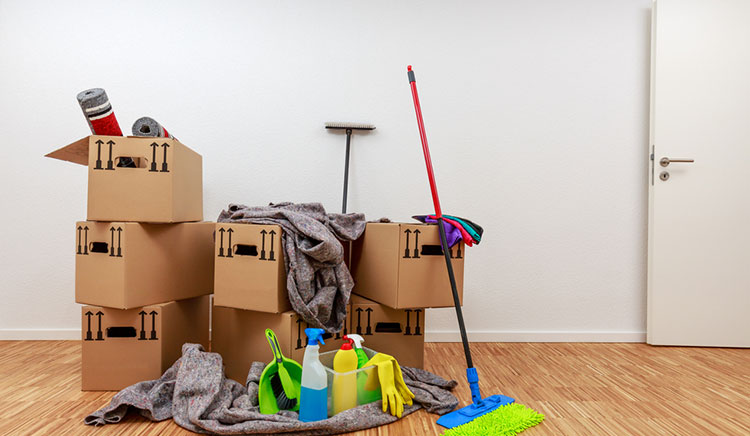
The employers have developed a safe protocol that, in addition to the use of personal protective equipment, includes recommendations, such as avoiding cash payments, asking the client not to be in the same area where they work or to have the house ventilated.
“We also ask [companies] to find out if there has been an infected person in that house or contacts with a person infected by covid”, said.
Get exclusive updates on properties, market trends, and tips straight to your inbox. Be the first to discover the best opportunities!